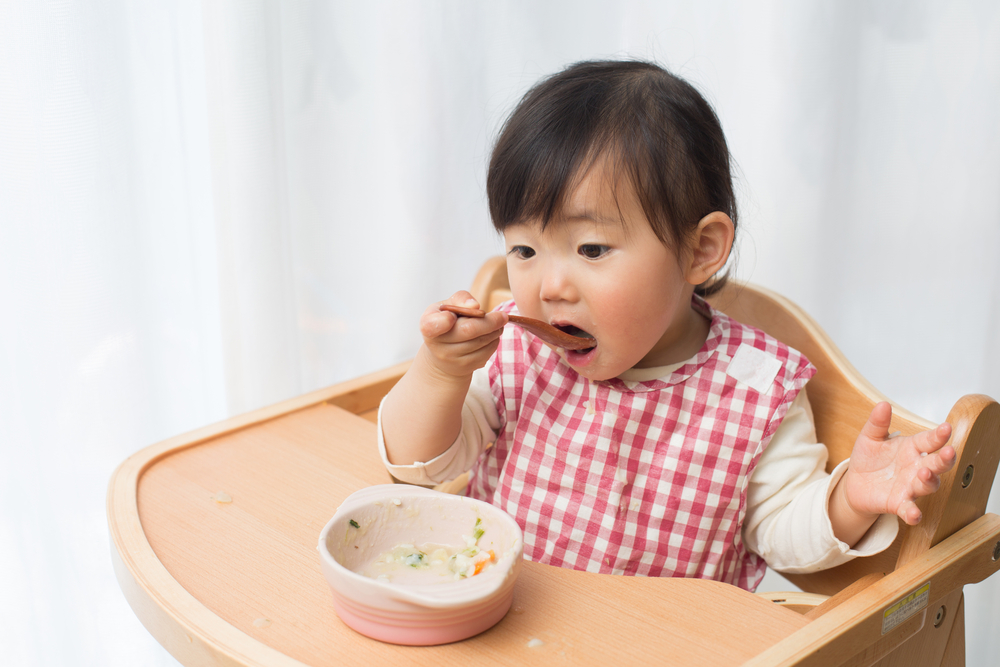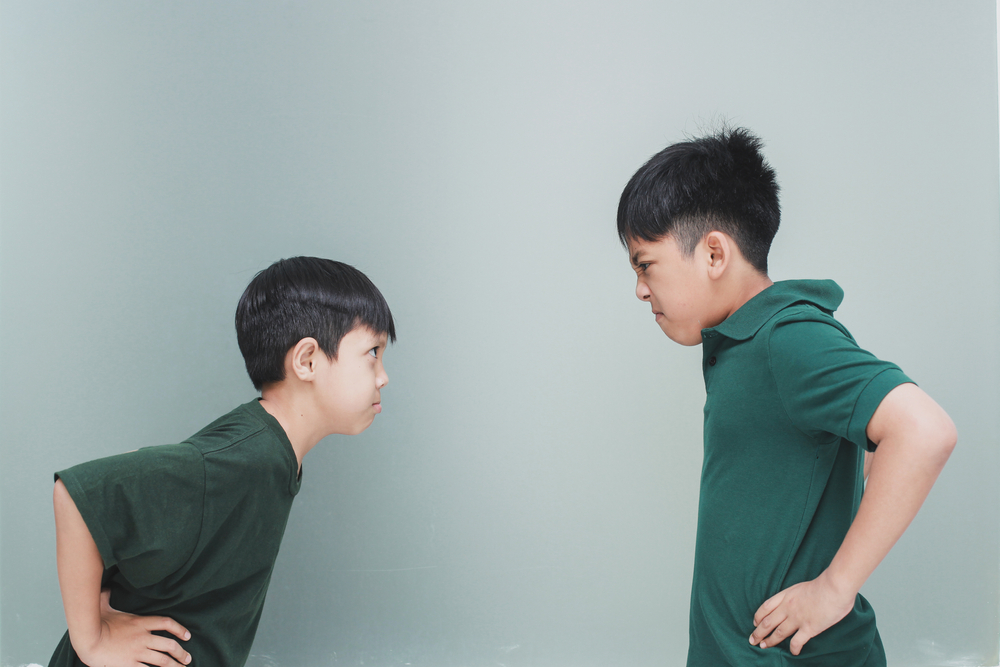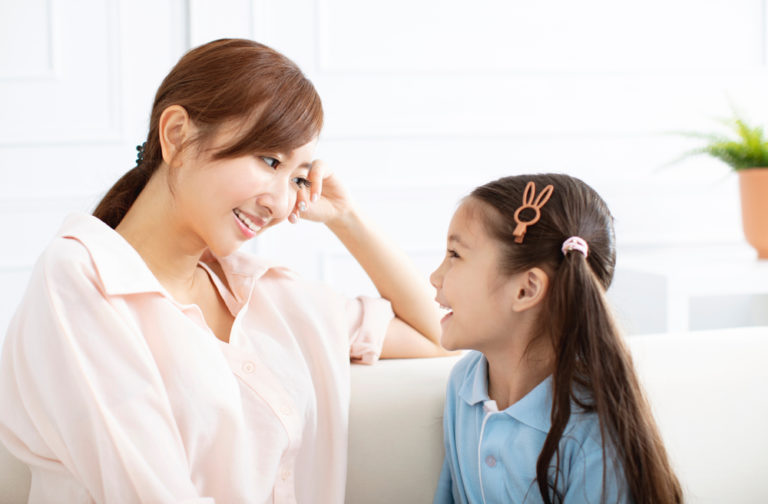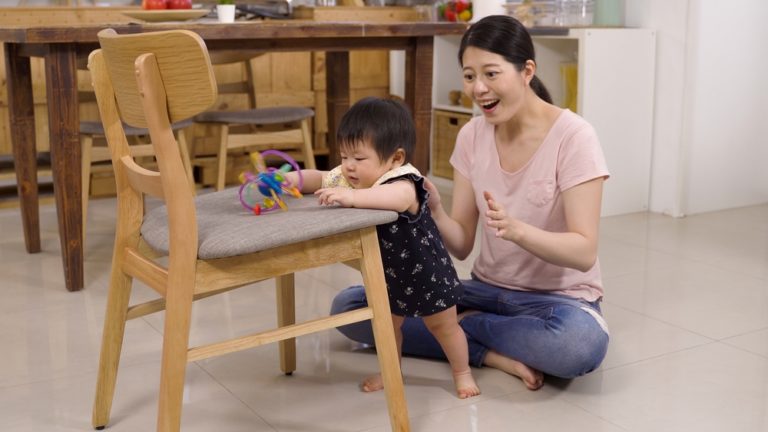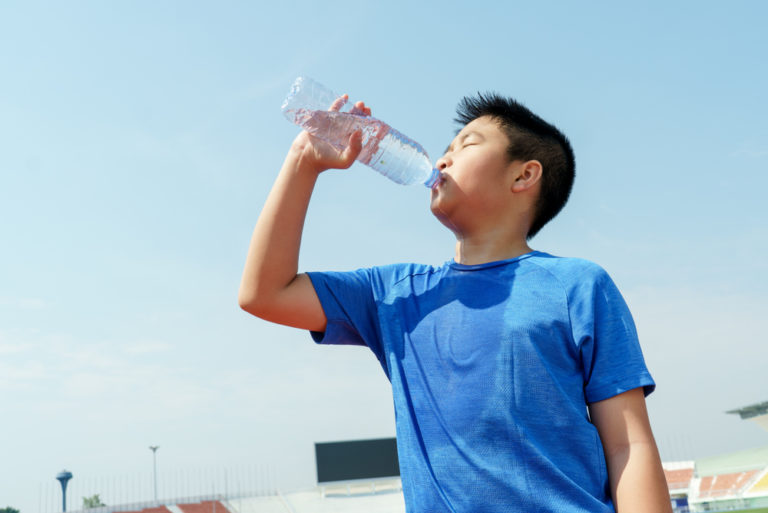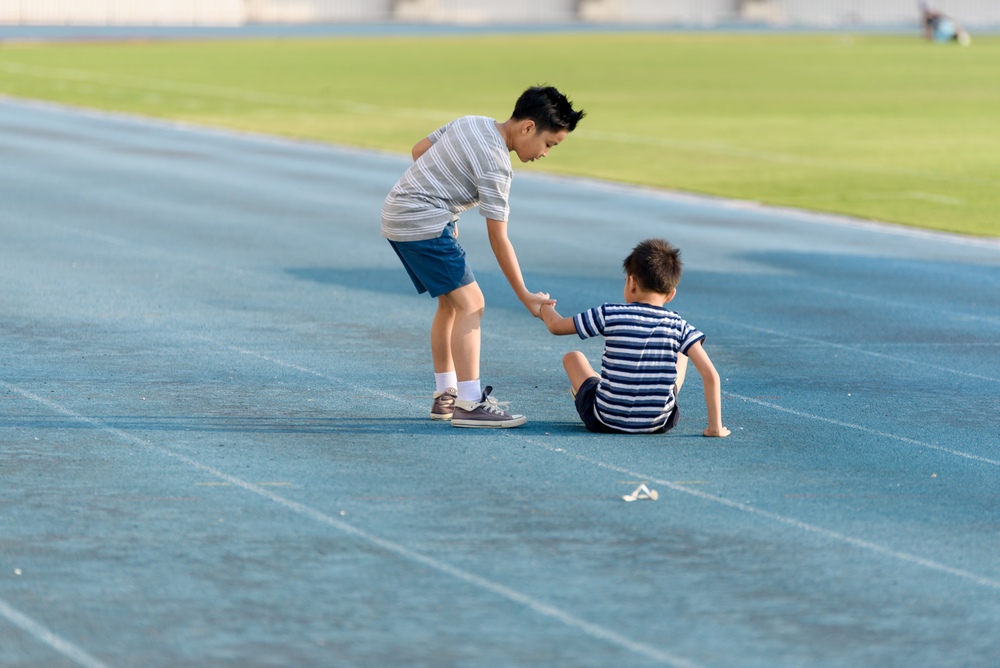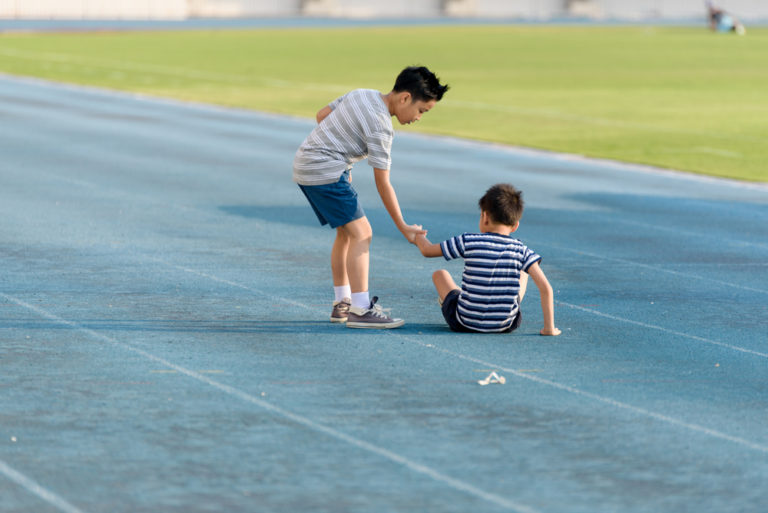Parenting Tips
system
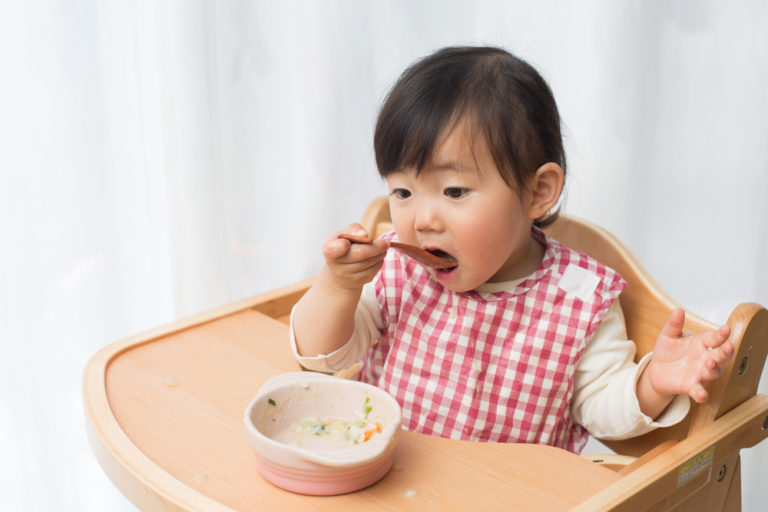
Written by: Senior Parenting Specialist, Bally
When children go to school, they have to eat on their own. It is not an easy challenge to teach children to eat well, as they have to eat attentively and refrain from playing with food. In fact, parents only need three steps to teach their children to eat on their own.
First, parents need to teach their children to eat on their own. Parents are frequently anxious for their children to finish their meals quickly, fearing that they will not eat and will have to be fed by their parents. In fact, starting at 6 months of age, children should get used to using their own hands to put food in their mouths, with parents only assisting them.
Parents should let their children pick up the utensils and eat by themselves so that they do not just get fed but also get a sense of participation and motivation to eat.
Second, help children with hand-eye coordination. Sometimes children may not be able to hold the utensils properly because of their own hand-eye coordination issues and may be angry and not eat. Parents can use words to remind children how to move the utensils backwards and forwards, or they can train children’s coordination skills on a daily basis so that they can cope with the challenges of eating on their own and reduce the difficulties they encounter.
Third, give praise and encouragement. Children will inevitably encounter difficulties and frustrations when learning to eat. If parents keep scolding, “Why is it so messy?” “Why do you eat so slowly?” Naturally, children will not be able to enjoy food and will not eat on their own initiative for fear of being scolded when they see food.

If parents provide encouragement at this time and praise their children when they do, they will continue to be courageous and overcome the frustration of learning to eat. Parents should also remember that when children are eating on their own, don’t clean up after them, as this will prevent them from trying to eat on their own.

In addition, parents often misunderstand that their children do not eat. In fact, children just don’t like certain dishes, and if parents force them to eat, it forms a vicious cycle.

